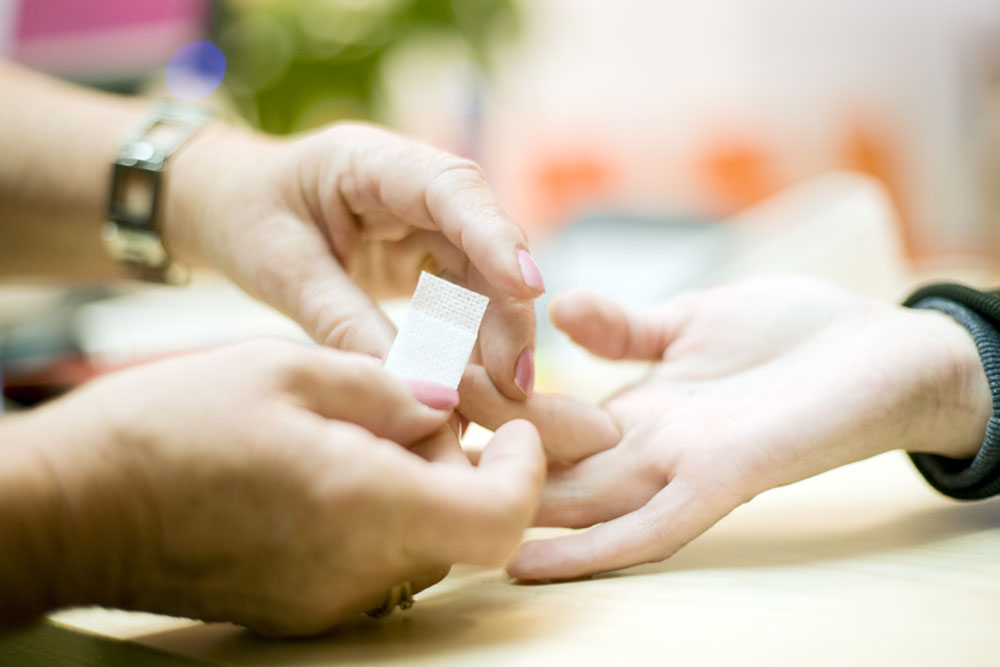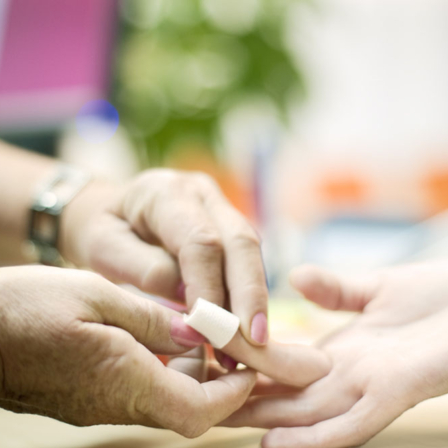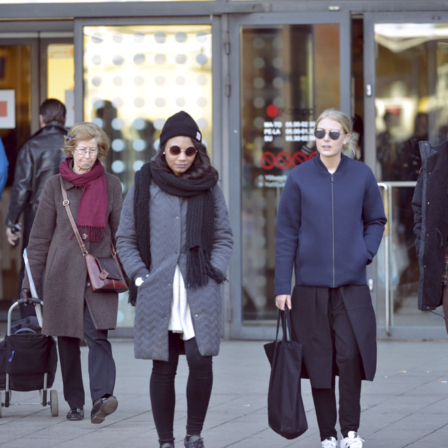Sitra has facilitated the implementation of the Medical Research Map, a report aimed at increasing the transparency of the collaboration potential between pharmaceutical companies and medical faculties. Both parties had expressed the wish for such a report, and five Finnish medical faculties and a significant number of the world’s largest pharmaceutical corporations (16) contributed to it. The study was conducted in two parts: an online survey and an extensive round of interviews with 24 experts. The report will be used to implement the national health sector growth strategy, among other things.
The greatest potential for co-operation between global pharmaceutical companies and Finnish medical faculties lies in research related to cancer, cerebral and cardiovascular diseases. This is indicated by the newly released Medical Research Map report, presenting the views of universities and pharmaceutical companies on their key research areas. Although these results will be no surprise to experts, the report will help to make the parties’ interests more transparent.
Global players in the pharmaceutical industry valued the opportunity to do business centrally with national centres of excellence. Neutral, reliable parties of this kind could assist in establishing contacts with regional players. A frequently mentioned example was the Comprehensive Cancer Center Finland.
Exchange programmes between companies and universities?
As public funding dwindles, universities are becoming increasingly interested in collaboration with companies. This can take many forms and is not only about attracting research investment. One of the issues highlighted in the interviews conducted as part of Medical Research Map was the parties’ strong desire to increase networking. Researcher-exchange programmes between pharmaceutical companies and universities were proposed as a concrete means of achieving this. It is thereby hoped that funding will provide additional support for both research resources and networking.
For the pharmaceutical industry, time is literally money, since patent protection for new drugs is limited and most profits are generated during the term of the patent. Clear agreement models, highly customised “turnkey” services and coherent national practices would contribute to positive investment decisions being made at corporate headquarters.
There are several pharmaceutical companies among the world’s largest R&D investors, which is explained by the industry’s annual R&D investments of around €30 billion in Europe alone. Of this, Finland receives in the region of €200 to €250 million per year, but the figure could be significantly higher – even four times as much, say experts. That would also translate into hundreds of new jobs. One of the challenges identified in making this a reality was the small amount of marketing being done, which universities and pharmaceutical companies think should be stepped up.
Finland’s strengths are high-quality expertise and data resources
Finland could provide a world-class R&D environment for next-generation innovations, as the country has expertise in both medical research and information technology. In the future, as treatments become increasingly personalised, industry players will need better knowledge of their end customers. Digital solutions can provide opportunities for more actively involving patients in their treatment processes. Finland’s exceptionally vibrant start-up landscape was also mentioned as an untapped opportunity by both sides. By combining digital know-how with the country’s extensive health and well-being data resources and the population’s unique genomes, Finland could foster new health innovations to tackle global health challenges.
Helsinki University Hospital Comprehensive Cancer Center (CCC), which has received the highest possible accreditation in Europe, was frequently mentioned as an example of Finnish know-how. Although our research expertise is viewed as world-class in our areas of strength, the resources required for clinical research were viewed as a challenge. Drugs companies and universities hoped that doctors and nurses would be given opportunities and incentives to participate in research projects. This would also mean fostering a culture more favourable to research among both professionals and students.
Finland is already well placed for success – patients would benefit most
If we could bring together multidisciplinary expertise and promote a culture more favourable to research, we could build an exciting innovation environment drawing on Finland’s unique data resources. This is supported by a population that participates in studies, is technologically advanced and trusts the authorities.
Policymakers have already established an excellent framework for the next steps, such as the following national strategies: the Health Sector Growth Strategy for Research and Innovation Activities, the National Genome Strategy and the eHealth and eSocial Strategy. They show all those involved in the ecosystem that Finland wants to maximise the opportunities provided by the health sector.
The usability of health data resources is already being developed as part of Isaacus, a project facilitated by Sitra, by promoting a national one-stop service model making use of all available data and registers. The transparency of data flows is also being increased in order to improve the opportunities we all have to manage our personal data.
Advances would lead to the creation of new jobs and the generation of sorely needed tax revenues. The greatest benefits would, however, be felt by those in the most vulnerable position – i.e. present and future patients whose only hope is new forms of treatment and innovations.





Recommended